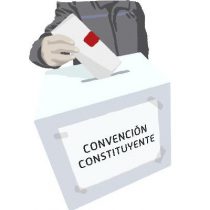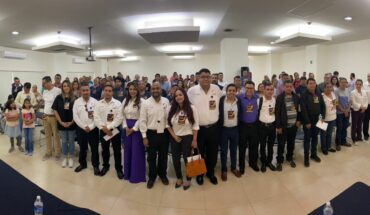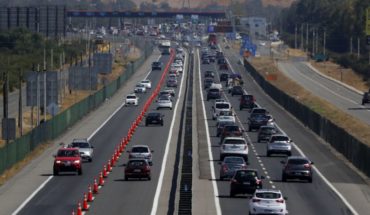
In recent weeks we have seen a number of interventions in the debate over the rules of procedure of the Constitutional Convention, mainly among a small group of study centres, experts and foundations. The margins of the debate are marked by the degree of citizen and territorial participation that the constituent process will have and the scope of the Convention to establish its own rules of operation. From the Open Constitution group we have tried to expand this discussion to those who, through their persistent struggles against the current model, cemented the path to the constituent process.
While there is no magic recipe for the functioning of constituent organs, there are certain parameters that help strengthen the legitimacy of the process and, indeed, the outcome. One is the transparency that should radiate all the work of the Convention, rejecting from now on any possibility of having reserved or secret sessions (as the Council for Transparency has curiously proposed). Citizens have the right to know the details of the deliberations and votes that are verified within the Convention, since the political crisis that popular representation institutions are going through is due, among other reasons, to the disconnection of the ruling class and the normalization of instances of deliberation reserved for public scrutiny, which we have known as “cooking”. The constituent process is an opportunity that we cannot miss.
In groups as closed and far away as our political elite these practices are perpetuated, wre ample space or not in institutionality. That is why it is essential to reduce its margin to the maximum and to enshrine the full transparency of the Constitutional Convention. But this is a single of three edges that we have raised as fundamental. The others are accessibility and citizen participation.
Regarding the first, the same period of media campaigning for these elections has shown a repeat known bias of public debate in Chile such as centralism, exclusionary coverage of certain political sectors, and very low visibility of historically excluded groups, such as indigenous peoples.
According to the study “Citizen Voices for Constituent”, carried out by the Association of Market and Public Opinion Researchers, traditional media (open TV, press and radios) and/or public channel are best suited for citizens to keep up with the constituent process. They are also the ones with the highest territorial coverage and are more accessible to the entire population. Just as the number 2 digital band was available to enable Educa TV throughout the country, we propose that one of these signals be enabled so that the Constitutional Convention is transmitted without falling into the digital gaps already found during these two years as a result of COVID-19, also having a performer in Chilean sign language.
As for citizen participation, the entire political spectrum values it as key to the constituent process, but without compromising concrete and binding mechanisms. From the broad open constitution group we propose that citizens can file motions to be discussed by the Constitutional Convention; district constituent sessions that strengthen the idea of accountability when it comes to political representation; and, of course, we agree with the idea of intermediate plebiscites as a mechanism to unblock discussions and ensure the success of the Convention. Thus, we seek to ensure a living, diverse and open constituent process, which lays the foundation for a democracy legitimized by all and all and not just the intellectual, academic and political elite.
The content poured into this opinion column is the sole responsibility of its author, and does not necessarily reflect The editorial line or position of El Mostrador.





